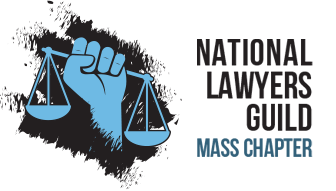Groff v. Dejoy
Discrimination on the basis of religion is prohibited under the federal employment discrimination statute, Title VII of the Civil Rights Act of 1964. In addition, an employer may be required to grant an employee’s reasonable request for an exception to a workplace policy or practice – known as a religious accommodation – unless the accommodation would create an “undue hardship” for the employer. Accommodations can include time off for religious observances, religious clothing, grooming (such as beards), and prayer breaks.
In June, the U.S. Supreme Court ruled in favor of a Pennsylvania mail carrier who had been denied a religious accommodation by the U.S. Post Office. Groff v. DeJoy, 600 U.S. 447 (2023). Gerald Groff, an evangelical Christian, refused to deliver mail on Sundays, consistent with his sincerely held religious beliefs, and was eventually fired. The Court’s decision broke no new ground, but was instead more of a course correction, clarifying what “undue hardship” was intended to mean under Title VII.
For over 40 years prior to the Groff case, the federal courts typically found that an employer could deny an employee’s request if the accommodation would create anything more than a “de minimus” (minimal) burden on the employer. As a result, employers were able to reject almost any request, even if no actual cost was involved. This standard was based on the 1977 case of TWA v. Hardison, 432 U.S. 63, which was cited by the 3rd Circuit when it ruled against Mr. Groff.
The Council on American-Islamic Relations (CAIR) filed an amicus brief, describing the particular impact of such a heavily employer-friendly test on Muslim women who wear hijab. Employers have been allowed to deny Muslim workers the right to wear hijab based on speculative safety claims, even when there are types of hijab available that would allay those concerns (for example, the close-fitting Nike hijab worn by Muslim athletes). Worse, employers have been allowed to bar hijabs in the workplace based on the real or potential bias of co-workers and customers. Many of CAIR’s clients were forced to choose between their religious principles and their livelihood.
Writing for a unanimous Court, Justice Alito held that an employer must show that the burden of granting an accommodation would result in substantial increased costs in relation to the conduct of its particular business, a more rigorous standard than the Hardison “de minimus” test. The impact on other employees, in itself, does not rise to the level of undue hardship. Instead, an employer must consider other options, such as workers voluntarily trading shifts. Citing CAIR’s amicus brief, Justice Alito also noted that the “de minimus” test had made it harder for members of minority faiths to enter the job market.
It should be noted that Massachusetts employment law has been more favorable to employees in terms of religious accommodations. Our state anti-discrimination statute, G.L. c. 151B, §4(1A), uses the same “undue hardship” standard, but also includes language spelling out the burden of proof which an employer must meet. In addition, the SJC has made it clear that in most situations, employers are expected to engage in a good faith, interactive process with employees to see what arrangements can be made. See, e.g., MBTA v. MCAD, 450 Mass. 327 (2008) – a case in which the Massachusetts NLG filed an amicus brief – where the MBTA claimed unsuccessfully that even having a conversation with its Seventh-Day Adventist employee was itself an undue hardship.
The Groff decision may not directly affect Massachusetts law on religious accommodations in the workplace, but it should certainly add considerable weight to employees’ claims.
- Barb Dougan is Legal Director at the Massachusetts Chapter of CAIR.



